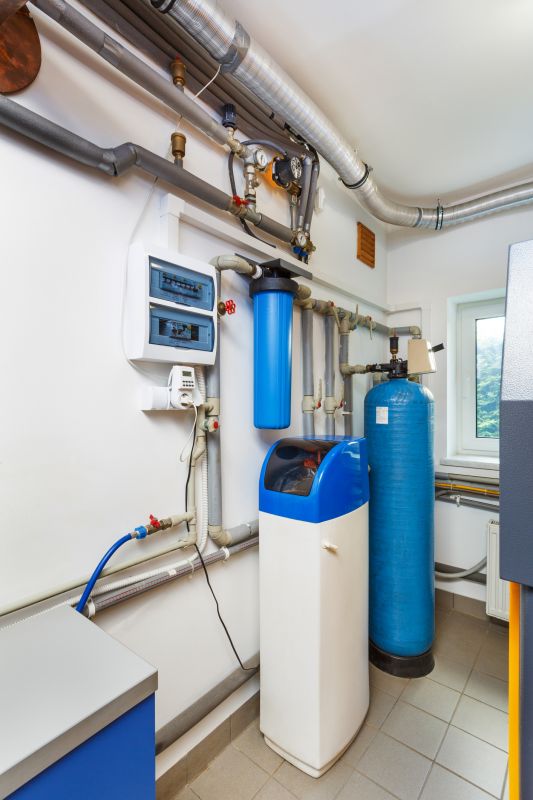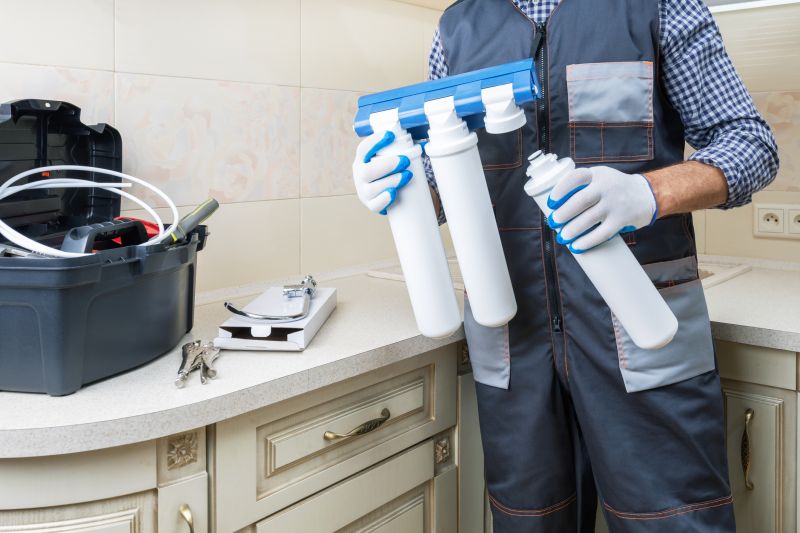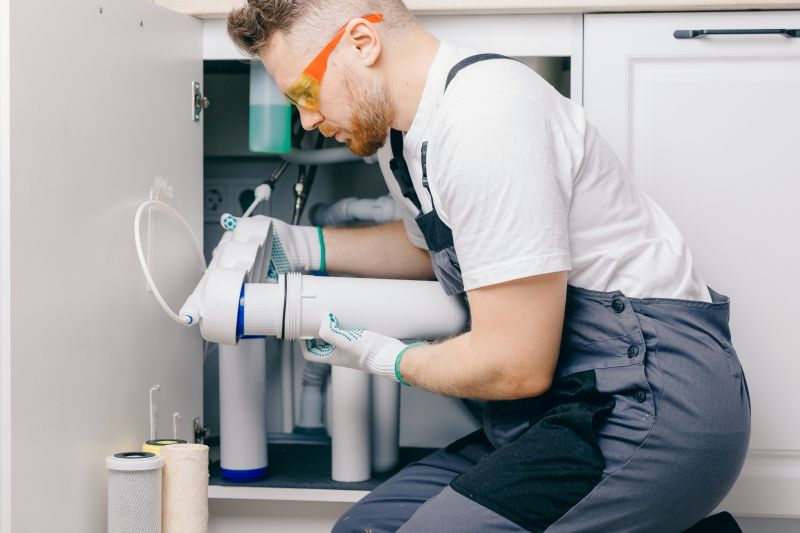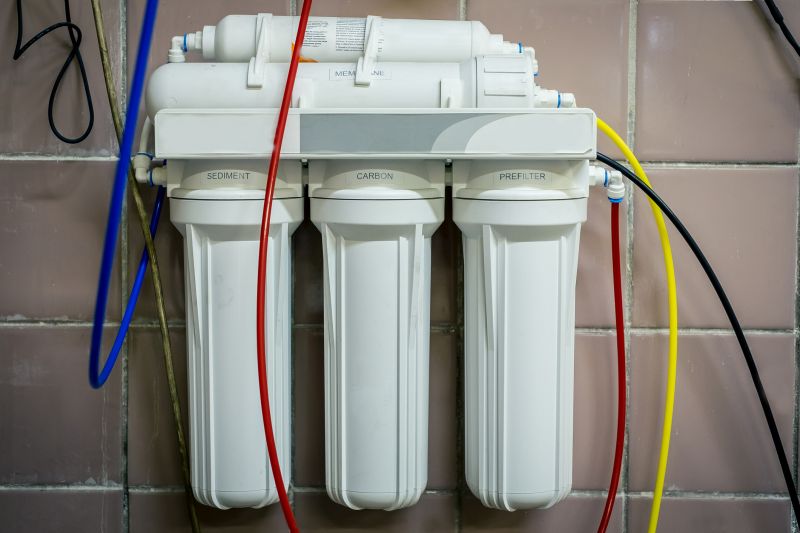Optimal Water Treatment Timing
Water treatments are essential for maintaining water quality, ensuring safety, and optimizing system performance. The timing of these treatments depends on various factors including water source, usage patterns, and seasonal changes. Proper scheduling can prevent issues such as mineral buildup, microbial growth, and equipment corrosion.
Spring is an optimal time for water treatments to prepare for increased usage during warmer months. It helps eliminate accumulated sediments and microbial contaminants from the winter period.
Conducting water treatments before peak usage seasons ensures water systems operate efficiently and reduces the risk of system failures during high demand.
Following heavy rains, water sources can become contaminated. Performing treatments helps remove pollutants and restore water quality.
Scheduling treatments annually allows for comprehensive system assessments, addressing any buildup or issues before they escalate.

Equipment used in water treatments, including filtration and disinfection units.

Sampling and analyzing water quality to determine treatment needs.

Steps involved in treating water for safety and quality.

Ways to make Water Treatments work in tight or awkward layouts.

Popular materials for Water Treatments and why they hold up over time.

Simple add-ons that improve Water Treatments without blowing the budget.
| Timing Consideration | Recommended Action |
|---|---|
| Spring | Perform initial system cleaning and microbial treatment. |
| Pre-Summer | Conduct disinfection and filtration enhancements. |
| Post-Heavy Rainfall | Test and treat for contaminants. |
| Annual Checkup | Complete comprehensive system assessment. |
| Seasonal Changes | Adjust treatment protocols accordingly. |

Equipment used for sanitizing water sources.

Collecting samples for quality analysis.

Systems removing sediments and impurities.
Proper timing of water treatments ensures optimal performance and safety. Ignoring scheduled treatments can lead to increased operational costs, health risks, and system failures. Consulting with water treatment professionals helps determine the best schedule tailored to specific water sources and usage demands.

